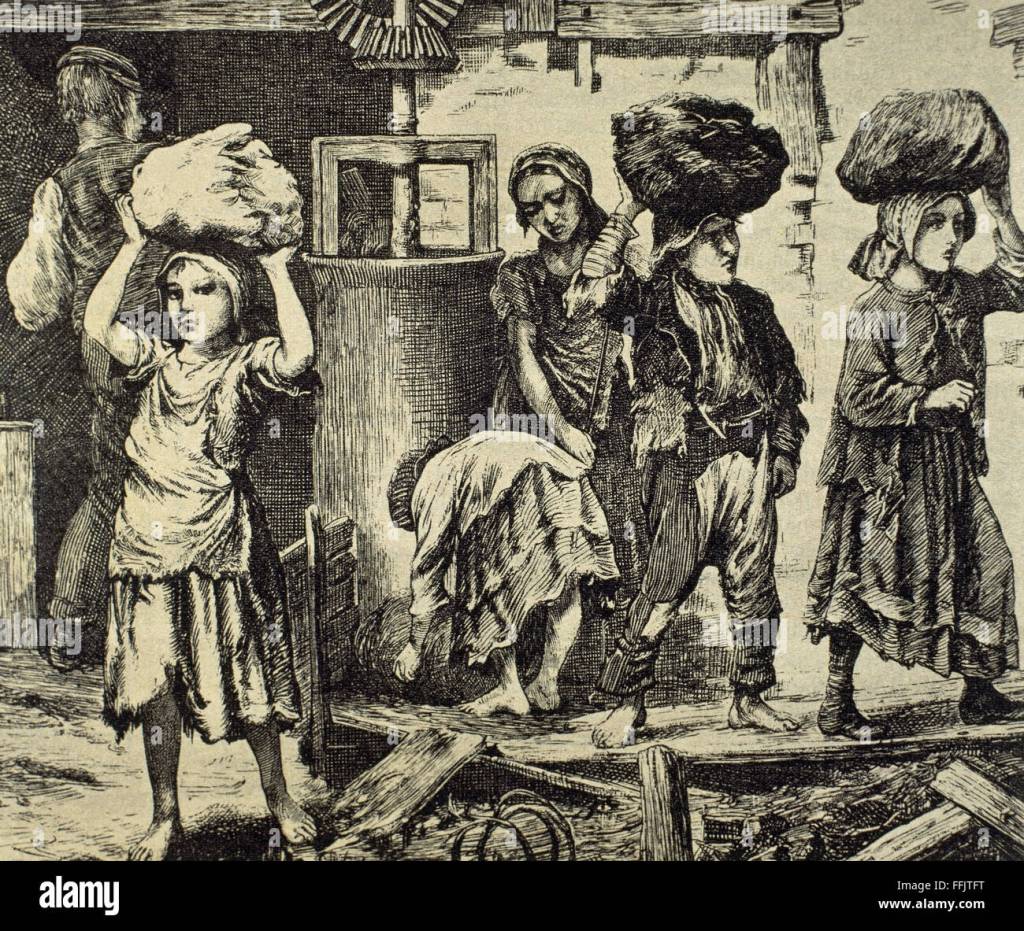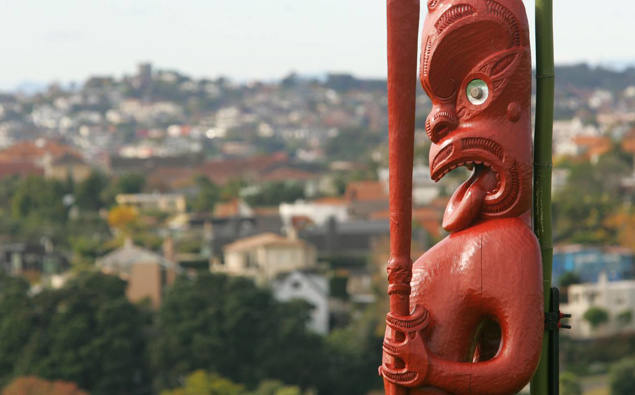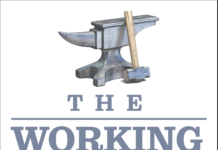On 15 June BusinessDesk published my article on the Māori Health Authority (MHA – Te Mana Hauora Māori): Māori Health Authority a good call but not a magic bullet.
I argued that establishing the Authority, on 1 July, as a separate government entity with significant decision-making powers and influence was a good political call providing that its existence alone was not seen as a magic bullet.
New structures don’t affect sustainable health system improvement. It is the way in which they work (and are allowed to work) that is critical. In other words, it is about internal and external culture.
I also identified that arguably the most effective work MHA could to would be to strongly advocate for legislation and policies to address social determinants of health which, while external to it, are the biggest driver of demand for (and cost of) healthcare. These determinants included poor housing, low incomes and limited educational opportunities.
The response through various social media outlets and other means was positive. But, while supportive of my argument, one response correctly noted that I should have emphasised more the importance of addressing cultural discriminations within the health system itself. Fair comment.
Worthy of further discussion
But there was another response which I also found thoughtful and worthy of further discussion. It came from a former senior manager in a smaller district health board (DHB) who was well respected by the health professionals he worked with and was responsible for.
In 2020 he was brought back to the DHB for about a year to do some work that included health and population statistics. Māori comprised nearly 54% of the DHB’s population. Compare this with the just over 17% for the whole of Aotearoa New Zealand.
In his words: “Māori disparities were appalling. However I ran all the same parameters against socioeconomic status and found exactly the same correlation.” He concluded that health problems or inequities are socio-economic while acknowledging that, in his DHB at least, around 80% of Māori live in low socio-economic areas.
This conclusion led him to doubt that the Māori Health Authority “…will help everybody” with low socio-economic status.
This is not a knee-jerk or redneck response. It is thoughtful, based on a study of relevant data, and raises some challenging questions. Afterall, poverty is poverty and should be dealt to regardless. These questions unfortunately are in the background of the most turgid and distracting current debates; class versus identity politics.
Exploitation
To call a spade a spade, at the core of inequities is exploitation. I consider class structure in the context of the kind of society that it existed in to be the ultimate driver of exploitation. To be pure in the tradition of historian EP Thompson in his The Making of the English Working Class, class is a relationship, not a thing. But that is a discussion for another occasion.
It is class exploitation which then leads to inequities such as poverty and discrimination. But racism, benign or otherwise, can’t be shunted away to the side-lines. Racism serves to both create divisions among those who are exploited (thereby preventing a shared collective consciousness) and further compound the level of exploitation of the victims of racism.
The most effective way of addressing the inequities of racism is to address the underlying exploitation.

Class exploitation: the cause of inequities
Hypothetically, if I had to choose between being exploited by a ‘white’ or ‘brown’ capitalist, I would chose neither. But it would be much more likely that my exploitation would be from the former rather than the latter.
Thinking tangibly
To put things on a more tangible footing, with the benefit of hindsight, although well-intended I believe the form of vaccine rollout prioritisation for Māori was wrong. Had those vulnerable to the social determinants of health (that is, lower socio-economic status or class exploited) then the effectiveness of the rollout would have been enhanced.
There are deprivation indices which would have assisted. Even focussing on the communities surrounding low decile schools would have been a more effective approach.
But, in the context of this blog and the doubt raised by my responder about Te Mana Hauora Māori, it is likely that more Māori would have been vaccinated by this approach given their disproportionately high presence in this group.

A challenge for Riana Manuel, MHA chief executive
A challenge for Riana Manuel, MHA chief executive
Looking ahead this comes back to the effectiveness of the Māori Health Authority. If it is able to make a difference to how fairly Māori are treated within and have greater access to the health system, then this will be a major success worth crowing about.
But, if it goes further and advocates forcefully for government legislation and policies to first reduce and then eradicate the social determinants of health, then this would be an extraordinary success for all New Zealanders.
Ian Powell was Executive Director of the Association of Salaried Medical Specialists, the professional union representing senior doctors and dentists in New Zealand, for over 30 years, until December 2019. He is now a health systems, labour market, and political commentator living in the small river estuary community of Otaihanga (the place by the tide). First published at Otaihanga Second Opinion






I would agree with your general argument, but neither wing of the uniparty is going to explicitly do anything for working class New Zealanders. This is the closest we’ll get to that from Labour or National.
One would also hope this should have good effects for rural New Zealanders, given the overrepresentation of Maori in rural areas and small towns. The uniparty would close every hospital on the West Coast if they thought they could get away with it- this should have the opposite effect.
Thank you first for giving us incite into the monster that will rise in 8 days. As nothing seems to be coming to the people who are actually going to be effected by it. Also I fear already – among the nonclinical health management class – they are not interested in socioeconomic factors in the health outcomes for Maori. Unless this (poverty, housing insecurity, etc ) is put in the front of any Health for Maori initiatives it will do nothing for the disenfranchised who – lets be honest – are used as a prop for statistic and pay packets initiatives, though in theory they may get to be as well off as the rest of the poor and disenfranchised – great.
“He concluded that health problems or inequities are socio-economic”
As in the US and UK countries, if you run the numbers, while race is often a compounding factor and should not be shunted to the side, it IS overwhelmingly socioeconomic issues. This begs the question why is it reliably framed by government and media as a race-only issue, especially when intersectionality is in fashion?
“Racism serves to … create divisions among those who are exploited”. In addition it blinds us to more proximate causes, predominant power and opportunity differentials and conjures solutions too narrowly focused, often for politically expediency.
I hope you are right that a successful MHA could “eradicate the social determinants of health” and provide a template for all NZ. Two simultaneous experiments should inevitably provide greater opportunity of finding what works, sharing and refining best practice between both.
However the recent history of identity based equity politics suggests the likelihood of serving and directing resources to middle class Maori, while underserving or achieving nothing for working class Maori. In addition as during the vaccine rollout, working class Pakeha remain invisible. Everything changes but remains the same.
“But it would be much more likely that my exploitation would be from the former rather than the latter.”
Yes is was and is. As for the future, if identity politics follows its course, we can look forward to continuing exploitation from an increasingly diverse elite class, with little or no change for the multiracial working class majority. Everything changes but remains the same.
spot on again tui
Thanks Gagarin, Ian Powell’s optimism in the last two paragraphs is preferable. However nothing I’ve seen in identitarian policy making of any anglophone nation gives me confidence that “social determinants of health” will come before political expediency.
Rather than “optimism” I would have described my last two paragraphs as “hoping” or “aspirational”.
@Ian Fair point, that’s a better way of putting it.
Yes Tui but I really think the MHA will fail. If you look at socio economic determinants in heath care. Health care sits at 5 with I think adequate housing at No 1 or 2 from memory.
It is a political solution to the wrong problem. Good quality, low income Housing first, this brings community, chances for real education and what little money can be spent on food and power.
I think the government doing this now is so wrong headed in a pandemic and when we have hospitals on the edge of disaster. They knew this in 2017 and it got worse by 2019 and now it has crashed utterly. Years of selfless work by underpaid health workers and they still couldnt stop it. The Govt has utterly screwed them over.
Today they report that Pasifica are being overwhelmed with glandular fever, they talk up the race aspect but dont discuss why. Usually insufficent housing which is probably substandard as well. If you have 10 or more poor people in one house then your chances of communicable diseases go way up.
The bone headedness of this government makes me furious!
Actually Tui I said forcefully advocate for first the reduction and then erradicate social determinants of health would be a success for MHA. I didn’t say MHA itself would erradicate them. It doesn’t have this power – unfortunately!
@Ian Thanks for the clarification
Hit the nail squarely on the head.
While I agree with your last paragraph I very much doubt that it would ever happen. The problem with human nature is that those given higher positions start to think they are special & tend to advocate policies that advance their interests rather than the population they were chosen to serve. I would love to be proved wrong & there are always a few exceptions where people do a good job but the media & most in society tend to get upset with any attempt to improve the lives of those who are suffering especially if it is at a cost to their own selfish desires.
Yes read the ‘Spirit Level’ about class more than anything. Maori have always been the poorer in their country.
Possibly one could define tha bottom level better along these lines – that older single women are the poorest, but among them Maori single women and perhaps also amongst them, Maori single mothers would be struggling.
men die younger and are ‘over represented’ amongst the homeless, we need more homeless women to die young to redress the gender imbalance
(humour)